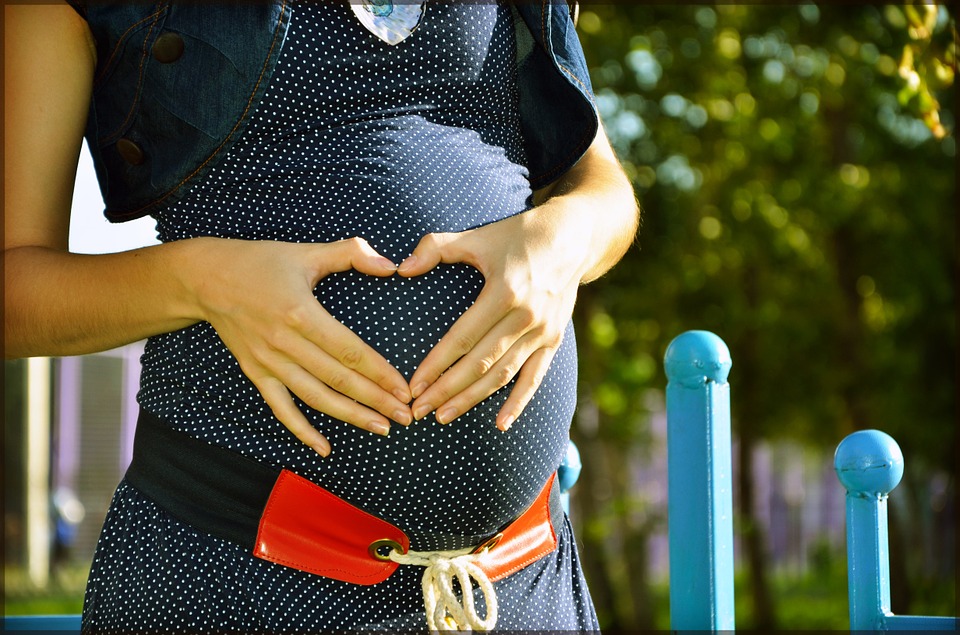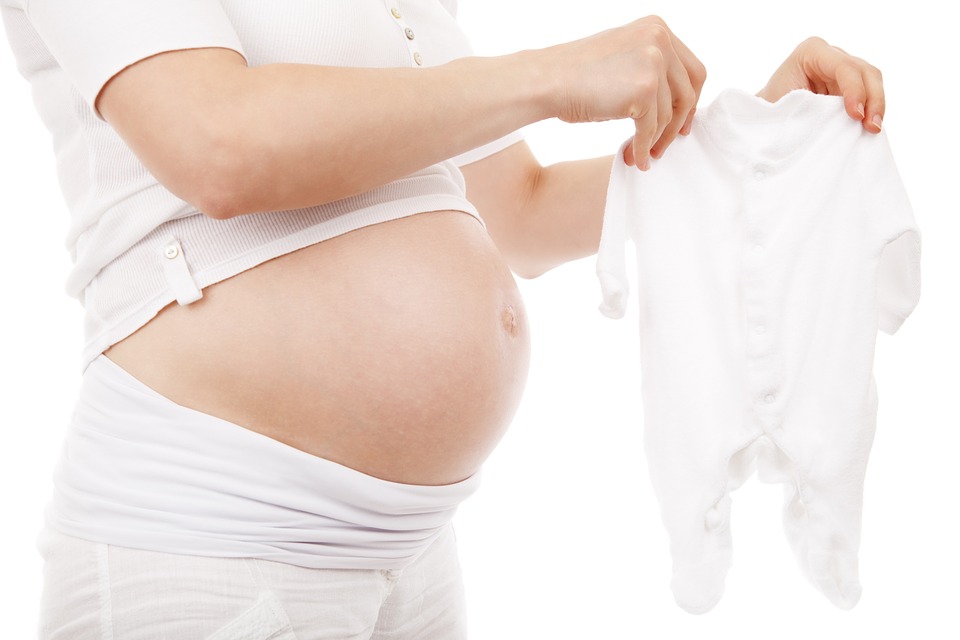
American women have the highest rate of maternal deaths among high-income countries, with outcomes worse for minoritized groups. In a recent study published in JAMA Network Open, researchers from Drexel University’s Policy and Analytics Center in the A.J. Drexel Autism Institute examined Medicaid data to better understand and identify perinatal and postpartum outcomes among people with intellectual and developmental disabilities, including autism and intellectual disability.
Lindsay Shea, DrPH, director of the Policy and Analytics Center in the A.J. Drexel Autism Institute and lead author of the study, highlighted that while previous studies have reported an increased risk for challenges related to pregnancy and birth among people with intellectual and developmental disabilities, little research has been done using United States-based population-level data. Medicaid, as it covers almost half of births in the U.S. and a disproportionate share of people with intellectual and developmental disabilities, is a key system to study these risks and opportunities for policy and program improvements. The study revealed that people with intellectual and developmental disabilities were younger at the time of their first delivery and had higher risks for multiple medical and mental health conditions, such as gestational diabetes, gestational hypertension, and preeclampsia. Autistic pregnant individuals had a significantly higher probability of experiencing postpartum anxiety and postpartum depression compared to people with intellectual disabilities only and those without intellectual and developmental disabilities.
Researchers examined national Medicaid claims to compare perinatal and postpartum outcomes across groups of birthing people with intellectual and developmental disabilities (including intellectual disability and autism) and a random sample of birthing people without intellectual and developmental disabilities. The data included Medicaid claims from 2008-2019 for 55,440 birthing people with intellectual and developmental disabilities and a random sample of 438,557 birthing people without intellectual and developmental disabilities.
The study compared perinatal outcomes, including medical conditions like gestational diabetes, gestational hypertension, and preeclampsia, as well as mental health conditions such as anxiety disorders and depressive disorders, across different groups. Researchers used Kaplan-Meier and Cox proportional hazard regressions to estimate the likelihood of postpartum anxiety and postpartum depression.Co-author Molly Sadowsky, project director at the Policy and Analytics Center in the Autism Institute, explained that the findings suggest several opportunities for policymakers, providers, and researchers. It is important to tailor reproductive health education, perinatal care, and delivery services to provide comprehensive and targeted support for birthing individuals with intellectual and developmental disabilities. Policies should be designed and implemented to meet the needs of people with intellectual and developmental disabilities, with the goal of reducing maternal health disparities. Clinical guidelines and procedures should be adjusted to accommodate the specific needs and experiences of people with intellectual and developmental disabilities. Additionally, new Medicaid policies, such as the postpartum coverage extension and doula service reimbursement, should be evaluated for their impact on the health outcomes of people with intellectual and developmental disabilities.
“The findings of this study emphasize the urgent need for Medicaid to support birthing individuals with intellectual and developmental disabilities during the perinatal period,” said Sadowsky. “It’s crucial to address differences in access to postpartum care and coordination, as well as the related disparities in the risk of postpartum depression and anxiety.”Shea and Sadowsky also explained their plans for future work, stating, “In our next project, we will further this research by examining the impact of attitudinal and structural ableism on perinatal health and mental health outcomes, as well as on neonatal and postnatal outcomes, morbidity, and mortality among children of women with and without intellectual and developmental disabilities,” said Shea.
Shea and her research team have been granted a five-year, $3 million National Institutes of Health Research Project Grant (R01) to further investigate the impact of ableism on women with intellectual and developmental disabilities during pregnancy and the postpartum period. The upcoming study will involve a detailed examination and comparison of outcomes experienced by this group and their infants to those of peers without intellectual and developmental disabilities. Shea expressed her enthusiasm about the future of their work in this area, emphasizing the importance of supporting individuals and celebrating their birthing experiences and roles during these significant times in life.

